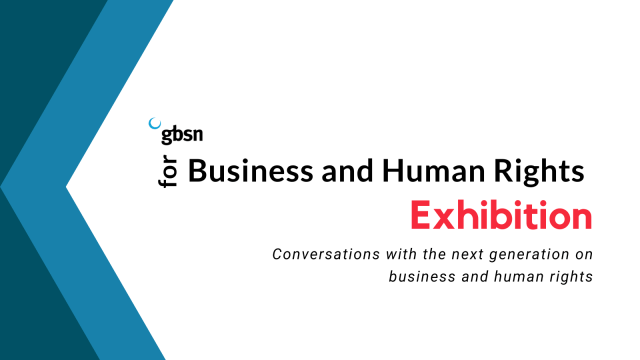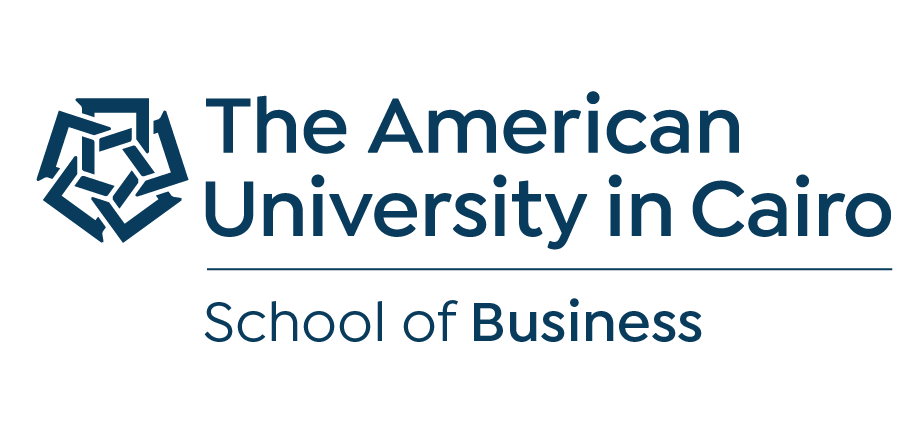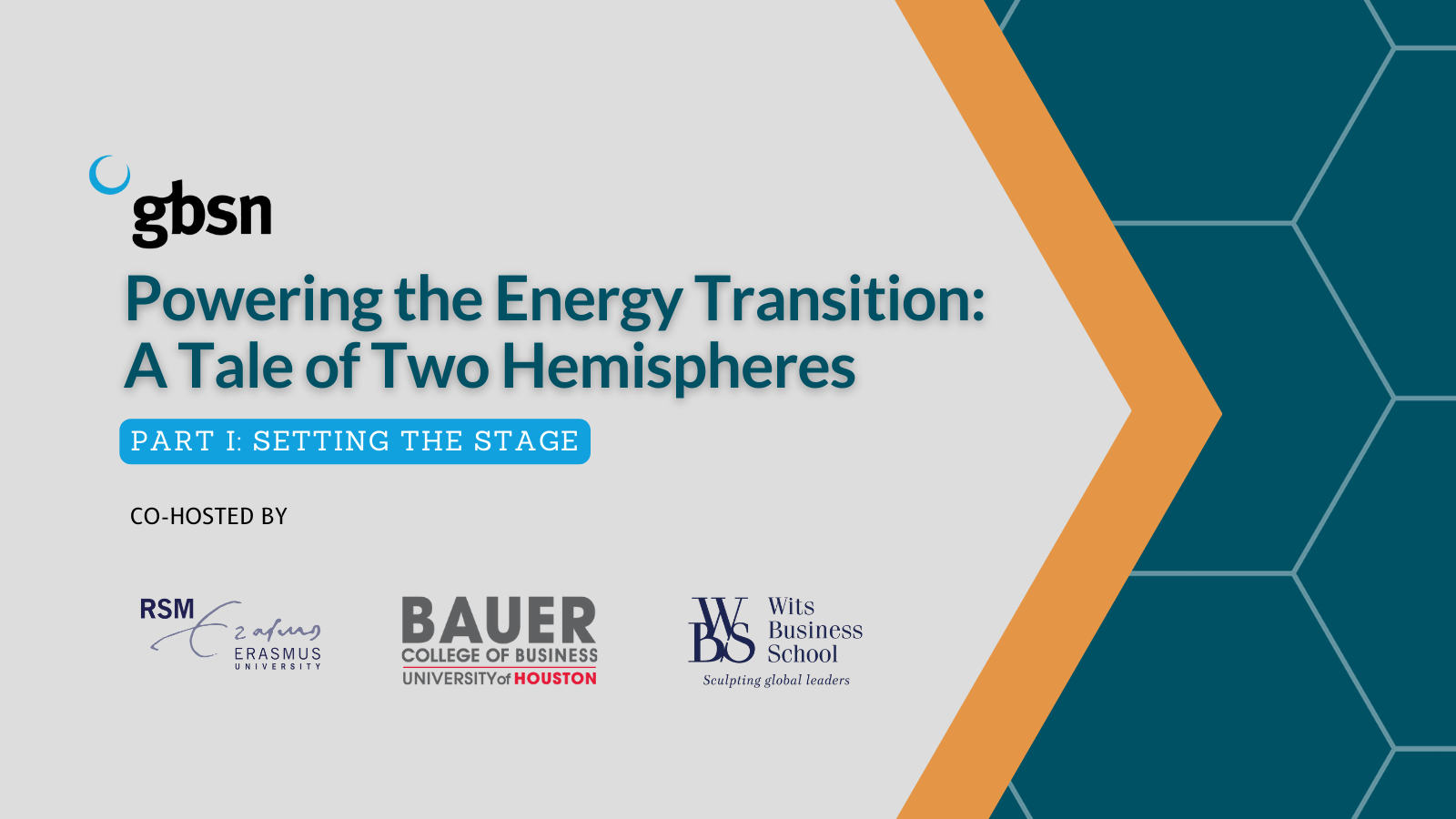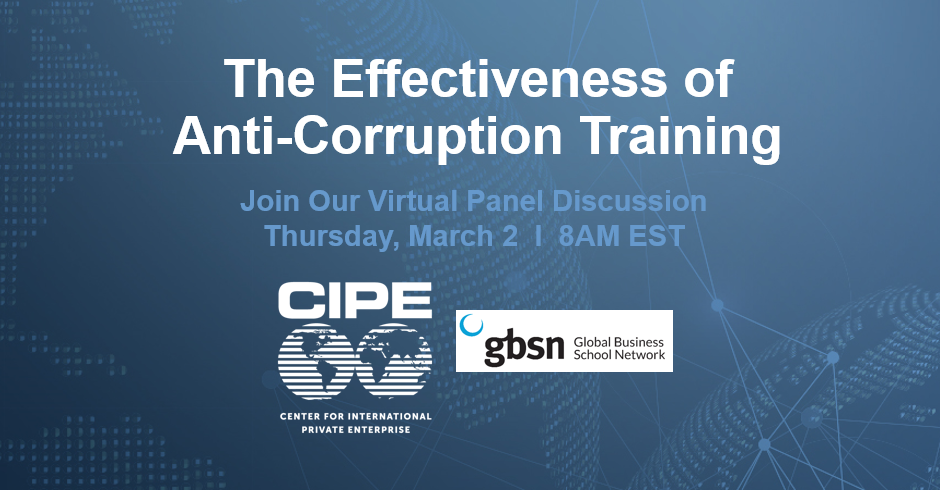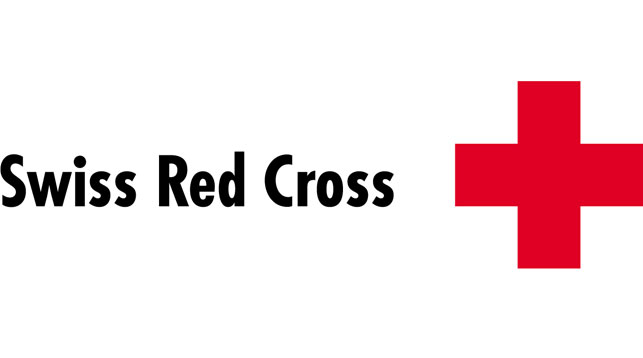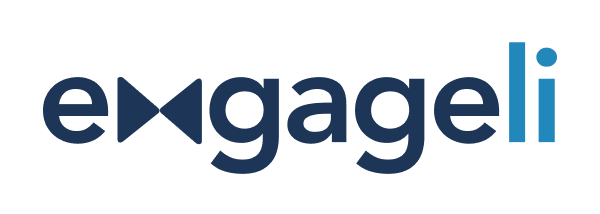Teaching and Learning
The Teaching and Learning team is a talented group of teaching, instructional design, and media professionals who are passionate about delivering educational excellence through innovation. We are dedicated to furthering the Gies College of Business’s mission of democratizing education. We revolutionize the delivery of a high-quality business education by harnessing technology to break through financial and geographic barriers.
We are accepting applications for Course Manager positions at three different job levels with varying requirements and responsibilities. Only one application is necessary. The level is determined based on qualified applicants’ backgrounds and qualifications.
The work location for this position may be flexible. Highly qualified candidates may be eligible to work full-time remotely within the US, on-premise at our offices in Champaign, Illinois, or a combination.
Assistant Course Manager Level:
The Assistant Course Manager is a member of a team that partners with Gies faculty to deliver and evaluate instruction. The team is responsible for planning and supporting teaching and learning for active courses within the Gies College of Business online educational portfolio. This role is responsible for assigned course preparation, delivery, and evaluation projects and collaborates with learning designers regarding course learning materials and infrastructure preparation. This role collaborates with Online Program Administration and other Teaching and Learning staff for course support infrastructure preparation for each term. The Assistant Course Manager collaborates with instructional and course support staff to address and evaluate course-related student and instructor concerns. This role helps coordinate the course debrief process, collect and analyze data, and organize course debrief conversations to identify opportunities for future course improvements that will enhance the student learning experience. The Assistant Course Manager participates in performance improvement projects.
Duties & Responsibilities
Teaching Support
• Execute master course plan and checklist from the pre-launch stage to debrief stage for all assigned courses
• Resolve support requests from faculty and staff as needed during course delivery for issues related to course management
The Assistant Course Manager is a member of a team that partners with Gies faculty to deliver and evaluate instruction. The team is responsible for planning and supporting teaching and learning for active courses within the Gies College of Business online educational portfolio. This role is responsible for assigned course preparation, delivery, and evaluation projects and collaborates with learning designers regarding course learning materials and infrastructure preparation. This role collaborates with Online Program Administration and other Teaching and Learning staff for course support infrastructure preparation for each term. The Assistant Course Manager collaborates with instructional and course support staff to address and evaluate course-related student and instructor concerns. This role helps coordinate the course debrief process, collect and analyze data, and organize course debrief conversations to identify opportunities for future course improvements that will enhance the student learning experience. The Assistant Course Manager participates in performance improvement projects.
Duties & Responsibilities
Teaching Support
• Execute master course plan and checklist from the pre-launch stage to debrief stage for all assigned courses
• Resolve support requests from faculty and staff as needed during course delivery for issues related to course management
Minimum Qualifications for Assistant Course Manager level:
Education: Required: Bachelor’s degree from an accredited institution in any field
Experience: Required: Experience with educational technology
Preferred Qualifications
Education: Preferred: Master’s degree from an accredited institution in business, organizational management, project management, educational technology, instructional design, education, or a closely related field
Experience: Preferred: Experience working in higher education; experience as an online instructor and/or student.
Knowledge, Skills and Abilities
Required: A successful candidate will have: • knowledge of compiling data and creating reports • organizational skills • ability to participate in a team • ability to participate in large, complex projects • ability to apply standards and follow documented procedures • ability to communicate and build relationships Preferred: • knowledge of Canvas LMS • knowledge of assessment and learning activity design • knowledge of pedagogy and learning science.
Course Manager Level:
The Course Manager is a member of a team that partners with Gies faculty to deliver and evaluate instruction. The team is responsible for planning and supporting teaching and learning for active courses within the Gies College of Business online educational portfolio. This role is responsible for managing course preparation, delivery, and evaluation projects; and coordinates with learning designers regarding course learning materials and infrastructure preparation and with Online Program Administration and other Teaching and Learning staff regarding course support infrastructure preparation for each term. The Course Manager collaborates with instructional and course support teams to address, evaluate, and mitigate course related student and instructor concerns. This role coordinates the course debrief process, collects and analyzes data, and organize course debrief conversations to identify opportunities for future course improvements that will enhance the student learning experience. The Course Manager mentors other course management staff and participates in performance improvement projects.
Duties & Responsibilities:
Teaching Support
- Execute master course plan and checklist from the pre-launch stage to debrief stage for all assigned courses
- Resolve support requests from faculty and staff as needed during course delivery for issues related to course management
Learning Support
- Document observations during course delivery (including student feedback and issue resolution)
- Annotate master course plan and launch checklist with observations
- Compile data from multiple sources including course data dashboards and ticketing systems
- Build debrief reports following defined templates incorporating data from the ticketing system for learner support and course management support issues
Project management and facilitation
- Follow course delivery timelines and deadlines
- Communicate all course debrief information to supervisor
- Mentor other staff
Other
- Participate in professional development
- Other duties as assigned
Minimum Qualifications for Course Manager level:
Education Required: Either (1) a Master’s degree from an accredited institution OR (2) a Bachelor’s degree from an accredited institution in any field with additional work experience noted below.
Experience Required: With a master’s degree, at least one year of work experience in online learning support OR with a bachelor’s degree, at least five years of work experience in online learning support by the time of hire.
Preferred Qualifications
Education Preferred: Master’s degree from an accredited institution in business, organizational management, project management, educational technology, instructional systems, education, or a closely related field.
Experience Preferred: Experience working in higher education; experience as an online instructor and/or student.
Knowledge, Skills and Abilities
Required: A successful candidate will have: • proficiency with educational technology • knowledge of compiling data and creating reports• organizational skills • ability to participate in a team • ability to participate in large, complex projects• ability to apply standards and follow documented procedures • ability to communicate and build relationships Preferred: • proficiency with Canvas LMS • knowledge of assessment and learning activity design • knowledge of pedagogy and learning science
Senior Course Manager Level:
The Senior Course Manager is a member of a team that partners with Gies faculty to deliver and evaluate instruction. The team is responsible for planning and supporting teaching and learning for active courses within the Gies College of Business online educational portfolio. The Senior Course Manager will collaborate with Online Program Administration and other Teaching and Learning staff to coordinate the course delivery and evaluation process and will be responsible for planning and management for course support projects in the Gies College of Business for online undergraduate, graduate, certificate, nondegree, and non-credit courses and programs as appropriate. The Senior Course Manager will collaborate with instructional and course support teams to evaluate and mitigate course-related student and instructor concerns. This role collaborates with other staff to identify course evaluation needs, and plan and manage the course debrief process to identify opportunities for future course improvements that will enhance the student learning experience. The Senior Course Manager will manage, train, and coordinate other course manager staff and plan and organize performance support and improvements.
Duties & Responsibilities:
Teaching Support
- Schedule and assign courses to course managers each semester
- Oversee, document, and manage intake and resolution of support requests for faculty and staff related to course management
- Use data and reports to make recommendations based on educational best practices, instructional resources, and instructional technologies
- Review course debrief reports and recommend needed changes and required level of work based on pedagogy and knowledge of instructional design.
- Coordinate with Learning Design to implement quick fix and simple updates to courses or master course plans based on debrief reports
Learning Support
- Plan and evaluate observations and reviews of student and faculty issues
- Manage and maintain debrief report templates including data from the ticketing system for learner support and course management support issues
Project management and facilitation
- Apply project management skills and best practices to oversee and ensure all courses follow course plans, checklists, and timelines
- Plan course delivery timelines and effectively communicate expectations to stakeholders and direct reports
- Apply project management best practices to coordinate course management workflows
Supervision and coordination
- Supervise, mentor, train, and manage the performance of course managers and assistant course managers
- Coordinate a team of course managers and assistant course managers
- Plan course delivery timelines and allocate work to team members with the aim to meet deadlines and course schedules
- Implement, track, and report on professional development direct reports
- Plan communications and reports to the Director of Learning Support, Learning Design, and leadership
Training
- Develop and maintain onboarding, train course managers, plan and schedule training on new technologies as needed
- Support Teaching and Learning’s short and long-term strategies for training programs related to best practices in course delivery.
Other
- Participate in professional development
- Other duties as assigned.
Minimum Qualifications for Senior Course Manager:
Education Required: A Master’s degree or higher from an accredited institution in business, organizational management, project management, educational technology, instructional design, education, or a closely related field.
Experience Required: At least one year of work experience supervising an online learning support team by the time of hire AND at least seven years of work experience in the field of online learning support at the time of hire.
Preferred Qualifications
Education Preferred: PhD from an accredited institution
Experience Preferred: At least four years of experience in an online learning support role; experience with mentoring and coaching staff to performance standards and professional development; experience with project management; experience evaluating and designing learning; management experience in higher education.
Knowledge, Skills and Abilities
Required: A successful candidate will have: • proficiency with educational technology • knowledge of compiling data and creating reports • organizational skills • ability to participate in a team • ability to participate in large, complex projects • ability to apply standards and follow documented procedures • ability to communicate and build relationships Preferred: • proficiency with Canvas LMS • knowledge of assessment and learning activity design • knowledge of pedagogy and learning science.
This is a 100% full-time Academic Professional position, appointed on a 12-month basis. The expected start date is as soon as possible after 3/28/2023. Salary is commensurate with experience.
Applications must be received by 6:00 pm (CST) on March 28, 2023.
